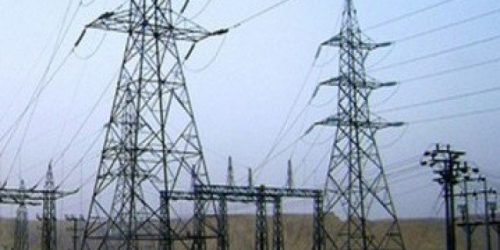ISLAMABAD: The Federation of Pakistan Chambers of Commerce and Industry (FPCCI) has rejected the Power Division’s claim of reducing the power sector’s circular debt (CD) by around Rs800 billion, calling it “misleading, artificial, and unsustainable” as it stems from fiscal injections rather than genuine reforms.
According to the FPCCI’s detailed analysis, the Power Division projected circular debt to fall from Rs2.393 trillion in June 2024 to Rs1.614tr by June 2025 — a reduction of Rs780bn. However, the business body argued that this apparent relief is driven by a one-time stock payment of Rs801bn, financed through fiscal measures, not operational efficiency.
The report highlighted that the amount used was originally earmarked as a targeted direct subsidy for consumers but was instead diverted to debt settlement, overstating reform success while denying consumers the intended relief.
Citing history, the FPCCI noted similar government injections of Rs480bn in 2013-14 and Rs1.25tr in earlier years, warning that without “deep structural reforms,” circular debt will inevitably resurface.
It further dismissed claims of improved performance by distribution companies (Discos), stressing that lower demand — largely due to the growing shift to rooftop solar — rather than better management, accounts for the decline in system inefficiencies.
The FPCCI recalculated figures, concluding that once exceptional items are excluded, circular debt actually rose by Rs379bn in FY25. Losses from Disco inefficiencies still stand at Rs264bn in FY25, barely down from Rs277bn the year before.
The report flagged serious underperformance in Quetta Electric and Sukkur Electric, where losses increased by 11.7pc and 4.8pc, respectively, contributing over Rs88bn in system losses.
“The sustainability of the government’s debt management strategy is questionable, and the narrative of Disco improvements is overstated,” the FPCCI concluded.
Story by Khaleeq Kiani







